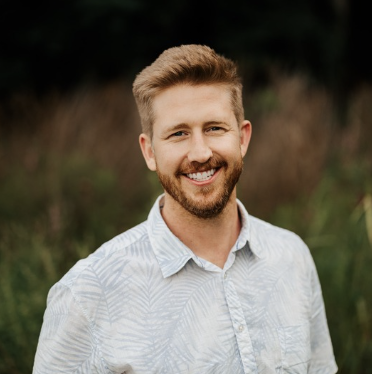
I once heard a recovered heroin addict talk about his struggles with pornography by saying “at least heroin wasn’t in my pocket all the time, not to mention, it was never free.” This highlights one of the unique struggles with pornography: it is always available, it is always free, and it is always in your pocket. Imagine an alcoholic carrying around an unlimited supply of their favorite hooch and telling them, “Just don’t drink it.” Porn addiction is different.
One reason this addiction is unique is that complete and total abstinence is an unfit goal. Similar to food addiction, the goal is not complete abstinence. When we think about “substance” addictions such as alcohol, the goal is for the addict to consume zero alcohol, one day at a time, for the remainder of their life. To maintain complete sobriety for the remainder of one’s days is the goal of AA, NA, and many other leaderless groups for substance abuse. However, with sex addiction (the broader category of porn addiction), addicts are attempting to develop a healthy relationship with sex and their sexuality, not to completely eradicate it. This leads to pragmatic problems such as “What is sobriety?,” and “How do you measure sobriety?” Listening to podcasts and talking with professionals in the field, people fall into different categories of describing sobriety. Does sobriety mean never using pornography again? Does sobriety mean no longer using pornography compulsively? Does sobriety mean never masturbating? Does sobriety mean only using pornography while with your partner? Often sobriety becomes a subjective measurement based on each individual. And no matter where we land on what sobriety means, one of the consistent experiences of people struggling with pornography is shame.
When we think about healing shame we know that shame needs openness and light to heal, often shame compels a person to do the opposite which is to hide, get small and isolate. I believe it is impossible to create the empathy, connection and love within oneself to independently conquer the shame of addictive pornography use. This is where we look to the AA/NA cultures for wisdom. What they got entirely correct is the need for group work. Individual therapy can only do so much in one’s addiction with pornography. Anyone struggling with pornography is in need of a group to do the deep, connecting work of eradicating shame in one’s life so they can rise up and work to change their compulsions. Porn works as a form of faux intimacy/connection, and one needs to replace that with the real thing. In other words, shame goes to group therapy to be healed.
If you are looking for support with issues related to porn addiction contact Matt DeWit at The Family Therapy Place.






